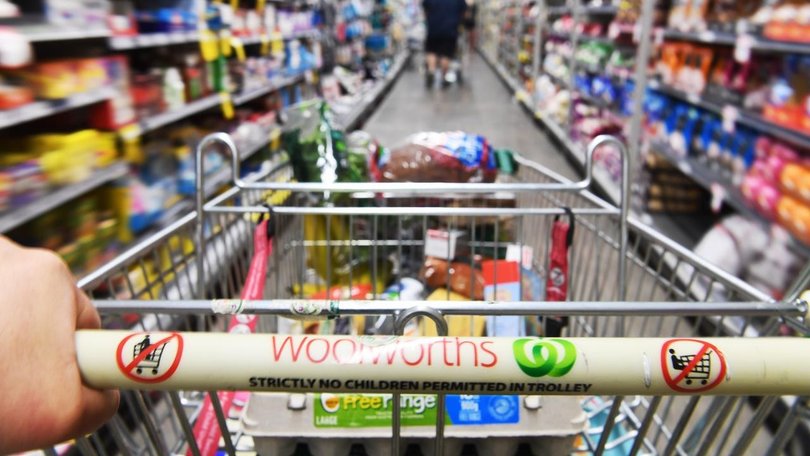EDITORIAL: Taking customers for fools is plain stupid and bad business

Coles and Woolworths’ alleged practice of slapping fake specials on products to dupe their customers into thinking they were getting a good deal is outrageous and despicable.
It’s also just plain stupid.
Good businesses want to earn the trust of their customers. They know that the key to building brand loyalty among their consumer base is treating them with respect.
Sign up to The Nightly's newsletters.
Get the first look at the digital newspaper, curated daily stories and breaking headlines delivered to your inbox.
By continuing you agree to our Terms and Privacy Policy.Treating those from whom you derive your income with contempt is just bad business.
That appears to be exactly what Coles and Woolworths have done by temporarily hiking up prices of staple goods, so that when they lowered them again — to a point higher than original — they could claim to be dropping prices, when in reality consumers were actually paying more than they did previously.
It was a cynical, systematic deception that shows the supermarkets take their customers for fools.
Times are tough. Today’s decision by the RBA to keep interest rates steady has dashed whatever slim hope existed of mortgage relief in the near term. Inflation is continuing to bite, putting enormous strain on household finances.
More and more Australians are looking out for a bargain.
When they’re told they’re getting one, they should be able to take retailers at their word.
If the ACCC can prove its case against Coles and Woolworths in court, the supermarkets should be made to face significant penalties.
That’s in addition to the heavy toll this ruse has taken on their reputations. As Qantas and others have recently discovered, trust is easily broken, but not so easy to mend.
This nefarious act of corporate bastardry has also given ammunition to those who seek to peddle populist nonsense.
In July, Opposition Leader Peter Dutton pledged to introduce “last resort” divestiture powers targeting supermarkets and major retailers found to have engaged in price-gouging. This allegation has breathed new life into that push, with Nations Senator Matt Canavan telling Sky News on Tuesday divestiture powers would lead to “a change in behaviour from the major supermarkets”.
In reality however, forcing break-ups could have the opposite of the intended effect, by discouraging new players from entering the market.
Divestiture powers make no economic sense. But they can play well with a public struggling with the cost-of-living. Even more so now that public is rightly suspicious of the supermarket duopoly they’re beholden to.
Anthony Albanese was right when he described the divestiture push as a “populist cul-de-sac” — an idea that leads to nowhere.
“If Coles in a particular area is told that they have to divest, who’s going to buy it? Woolworths or another of the big chains,” Mr Albanese said.
“It’s a populist notion that actually isn’t practical and wouldn’t make a difference.”
The key to cost-of-living relief is increased competition and easing inflationary pressure.
But the supermarkets have only themselves to blame for reviving this push for Soviet-style intervention.
